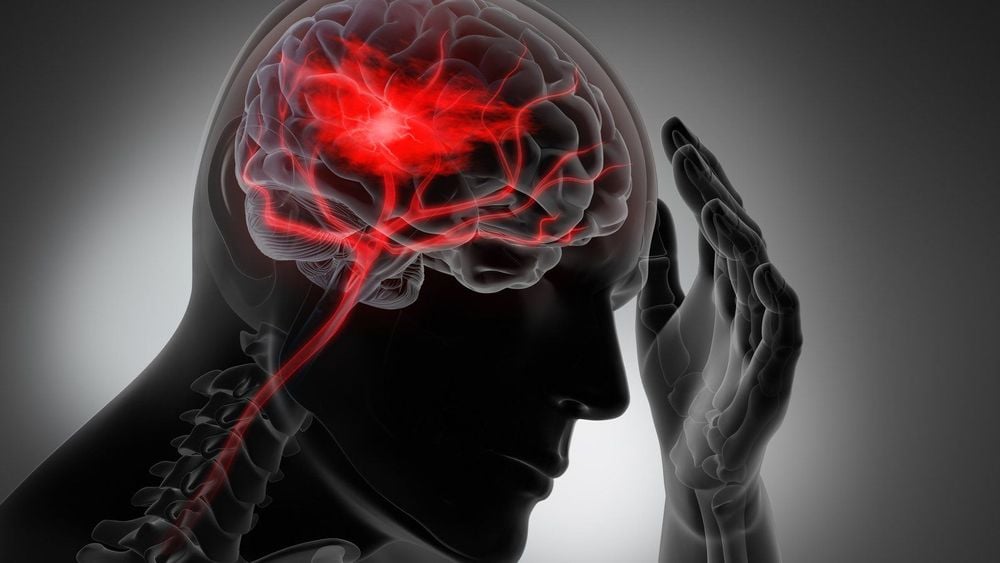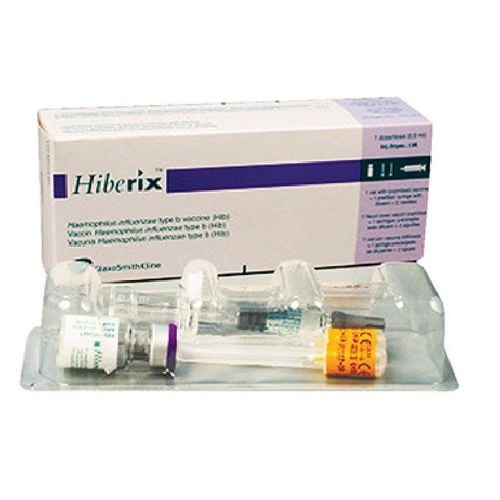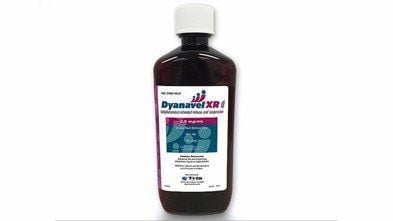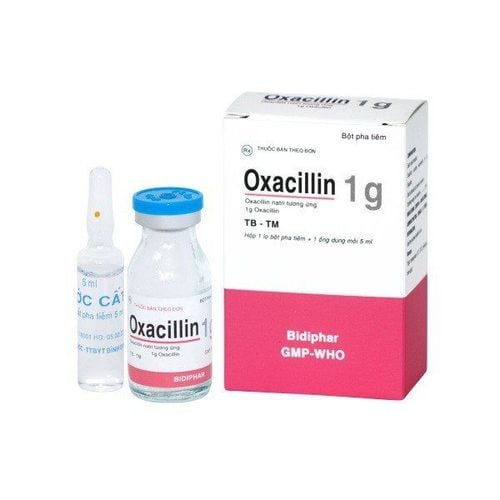This is an automatically translated article.
Nerve infection is a dangerous complication after craniocerebral surgery, the most common being meningitis. Treatment of intracranial infections is mainly with antibiotics. Intracranial infections after surgery need to be detected and treated early, otherwise it will be life-threatening or leave neurological sequelae.1. What is an intracranial infection?
Intracranial infection, also known as neuroinfection, is an infection of parts of the brain. This condition includes brain abscess, meningitis, epidural abscess, and subdural infection.Intracranial infections are serious complications that often occur after neurosurgical procedures, most commonly meningitis. Although meningitis can occur after any type of cranial surgery, it is most common after posterior fossa surgery and is often associated with cerebrospinal fluid leakage.
Nerve infection in patients undergoing neurosurgical procedures is a serious problem requiring attention. Previous studies (including at least 1000 cases of intracranial neurosurgery) have reported that the rate of intracranial infection after neurosurgical procedures is 5%–7%, with prevalence as high as 10 % when not using prophylactic antibiotics.
2. Risk factors for intracranial infection after surgery
Understanding the risk factors for intracranial infections after surgery to prevent timely is of great significance. Through many studies, risk factors for intracranial infection include:CSF fistula Incisional infection Intraventricular drainage for many days Increased intracranial pressure No prophylactic antibiotics, high infection rate significantly more (>10%)

Nhiễm trùng nội sọ sau mổ có thể nguy hiểm đến tính mạng
3. Treatment of intracranial infections after surgery
Intracranial infection is a serious complication that should be recognized and treated immediately. Treatments include:Intravenous antibiotics Intravenous steroids Removal of infected bone flaps Surgical removal of infected pus and debris. In summary, the development of intracranial infection following neurosurgical procedures is a significant threat and requires immediate medical and/or surgical intervention. Finding out the risk factors for neuroinfection after surgery for timely prevention is of great significance. A better understanding of the risk factors, microbial agents and their antibiotic resistance for postoperative intracranial infections helps to better apply prevention and treatment strategies and contribute to improvement. prognosis for the patient.
Vinmec International General Hospital is one of the hospitals that not only ensures professional quality with a team of leading medical doctors, modern equipment and technology, but also stands out for its examination and consultation services. comprehensive and professional medical consultation and treatment; civilized, polite, safe and sterile medical examination and treatment space.
Please dial HOTLINE for more information or register for an appointment HERE. Download MyVinmec app to make appointments faster and to manage your bookings easily.
Reference source: onlinelibrary.wiley.com












